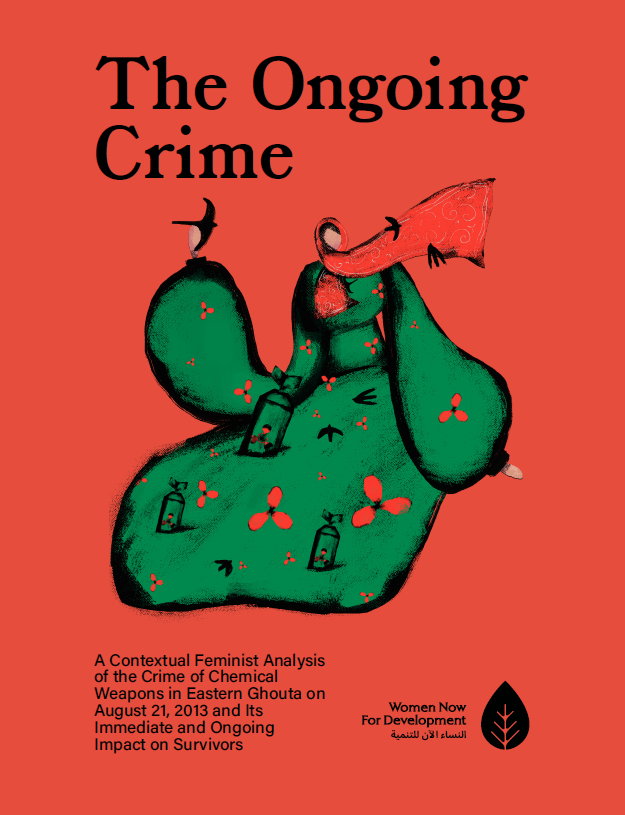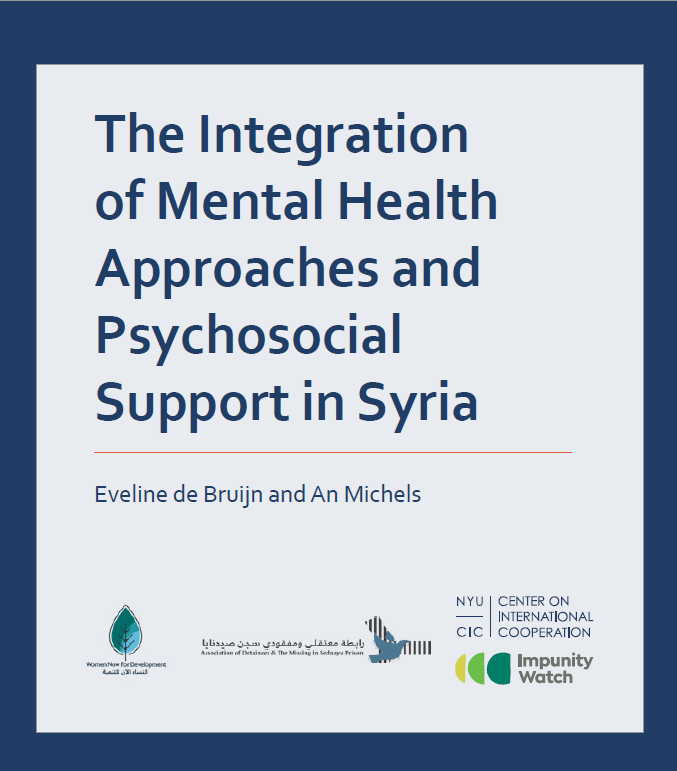Since 2019, Women Now for Development, in partnership with Ahel Foundation for Community Organizing, has been supporting the “Let Us Keep Our Childhood” campaign in the Central Bekaa Valley, Lebanon. It is a grassroots campaign fully led by constituencies that are affected by child marriage. The campaign is predominantly led by women, as well as adolescent girls, men, and adolescent boys from the Syrian, Lebanese, and Palestinian communities living in the Bekaa Valley.
The campaign is based on community organizing and participatory leadership approaches, which interact with our transformative feminist approach and all aim toward achieving grassroots community change.
Since the beginning, the campaign has achieved several accomplishments through several phases and different strategies, bringing together about 100 individuals from areas affected by child marriage. Approximately 500 people, mostly girls, were organized to become campaign advocates. More than 2500 families committed not to marry off their children, rescuing around 900 engaged girls from the practice of child marriage. Furthermore, the campaign has established solid contacts and collaborations with judicial and religious institutions.
Following the campaign’s exciting journey, in partnership with Ahel Foundation, we produced two case studies on the campaign’s work and future aspirations. The first study, published in 2022, focuses on the campaign’s first three phases, while the second, published in 2023, focuses on the campaign’s fourth phase. The study provides real evidence for Women Now’s approach and belief in supporting women’s leadership. We hope that this experience will inspire both local and international organizations, particularly feminist ones, to recognize women’s essential roles in leading change.


